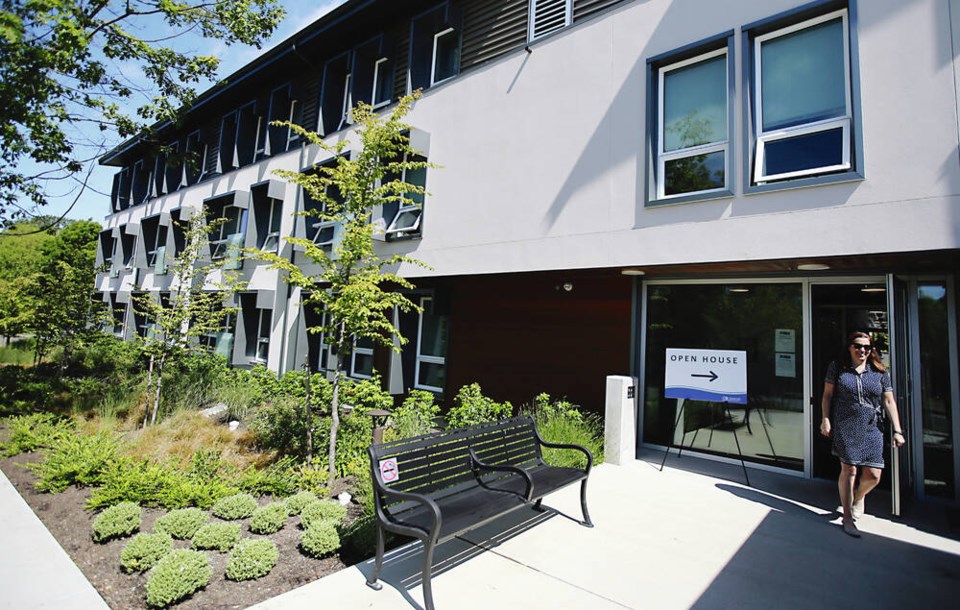The Greater Victoria Housing Society made an unusual offer to the union representing its workers this summer: It wanted to increase wages by $1.25 an hour. The union, not surprisingly, was delighted.
With the increase, retroactive to Jan. 1, union members now make between $23.92 and $38.67 per hour, depending on the job.
The move reflects the kind of pressure employers are facing to attract and retain workers amid a labour shortage and strong inflation.
“We want to be seen as an employer of choice,” said Virginia Holden, executive director of the housing society, which provides subsidized rental units and affordable rental homes for low- to moderate-income renters and their families. “You don’t have to walk three feet on any main street [to] see help-wanted signs.” The housing society is “constantly hiring,” she said. “It is tough to hire those qualified positions.”
The the cost-of-living increase for housing-society workers followed a two per cent increase already negotiated for 2022 in the collective agreement with Local 1978 of the Canadian Union of Public Employees, with another two per cent hike set to take effect in January.
The extra $1.25 per hour works out to roughly $43 per week for the 30 union members working for the society, Local 1978 president Tom Benjamin said Tuesday, noting a proactive wage increase by an employer is highly unusual.
Holden said the society, which operates 17 buildings throughout the region with close to 1,300 tenants, had heard potential employees say they could not afford to live in Victoria. “As a non-profit [housing] provider that rings pretty true.”
The society was hearing from its employees who were struggling to meet the needs of their families and pay for everything from childcare to groceries, she said. Inflation climbed to a 30-year high earlier this year.
As a non-profit organization, the housing society does not have a lot of reserves, she said, but managed to scrape together the extra $1.25 per hour, which she hopes will help make it a viable employment option.
Rising inflation has become a key part of collective-agreement negotiations, with union leaders like Benjamin closely watching other bargaining units’ new agreements to see how they address inflation.
The expectation is that one union will end up with a collective agreement as good as that of another similar organization or industry, he said.
Inflation has become the major concern during bargaining “because it just keeps going up,” Benjamin said, which means if employees are not getting a wage increase it’s the equivalent of receiving a pay cut.
The living wage in Greater Victoria is considered to be $20.46 per hour. This year’s rate will be released shortly.
CUPE Local 1978 members working for the Capital Regional District are heading into two days of mediation in November after voting this month 98 per cent in favour of a strike.
CUPE Local 50 announced it reached a tentative agreement with the City of Victoria on Oct. 13 following two days of mediation.
Details are not being released until the deal is ratified but president John Burrows said he’s confident the agreement will address inflation pressures.
The B.C. General Employees Union has announced that members narrowly ratified a new three-year agreement with the province that includes wage protection against inflation.
>>> To comment on this article, write a letter to the editor: [email protected]



